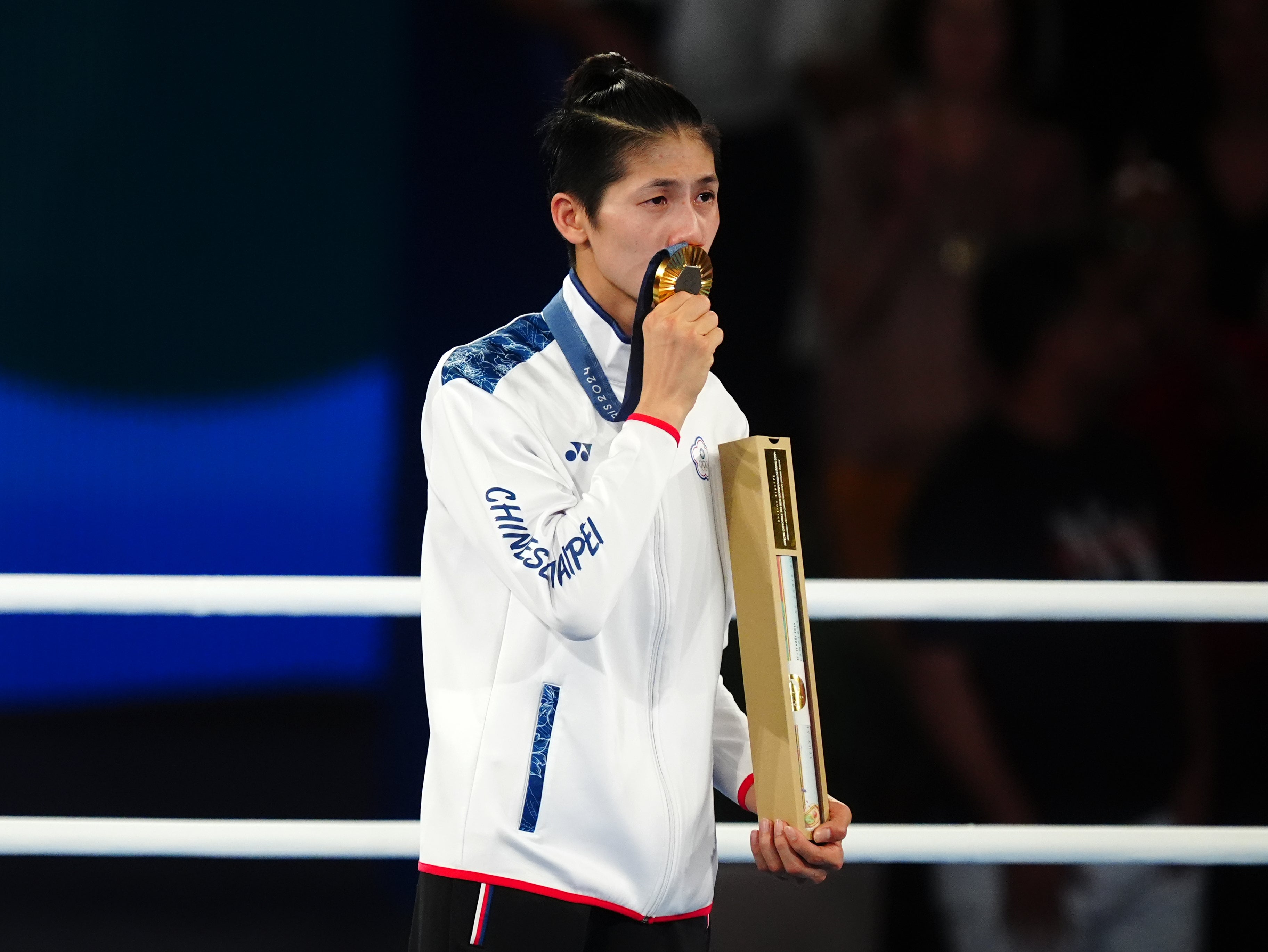
Mandatory testing of sex chromosomes in sport is neither justified, ethical nor viable, a group of academics say.
Safety and fairness in female sport was one of the most prominent topics at this summer’s Olympic Games, where boxers Imane Khelif and Lin Yu Ting took gold in the women’s welterweight and featherweight categories respectively.
The International Boxing Association had disqualified the fighters from its World Championships last year for allegedly failing gender eligibility tests, though the governing body failed to provide any concrete evidence in support of this at a press conference during the Games.
The IBA had been stripped of recognition by the International Olympic Committee (IOC) over governance failures and therefore it was the IOC which ran – and set the entry criteria for – the Olympic boxing competitions in Paris.

During the Games an editorial by a group of scientists in the Scandinavian Journal of Medicine and Science in Sports (SJMSS) proposed the introduction of sex chromosome testing amid what it described as a “growing concern” over the participation in female sport of athletes with an XY difference of sexual development (XY DSD).
However, another group of experts has now questioned the proposed testing regime in an editorial in the same journal, published on Monday.
The group, which includes Professor Alun Williams from Manchester Metropolitan University Institute of Sport, first of all highlighted the lack of direct evidence demonstrating a performance advantage for athletes with XY DSD.
Secondly, they believe the first editorial’s call for “early” testing at the sub-elite level must include minors if it is to achieve its aim. They say the concerns which led to genetic testing being abandoned in 1999 remain, “and are amplified by the vastly increased number of younger athletes” it is proposed would be tested under the new regime.
“The editorial gives the impression that such tests are straightforward – ‘individual consent, confidentiality, and dignity… simple cheek swab… standard medical care’, but these assurances ignore the enormous problems such a testing regime would generate,” the group wrote.
They argue that under the proposal for mandatory genetic testing for sport eligibility, “young athletes would not be presented with a genuine choice” and some would be subjected to invasive examination by gynaecologists.
“Consent is only a coercive offer: comply with the test or never participate in competitive women’s or girls’ sport, even at sub-elite level,” they wrote.
They also question who would pay for and produce the “worldwide army of counselling expertise” required to operate an ethically responsible genetic testing programme.
“For those undergoing follow-up clinical examination and genome sequencing….how would the devastation of young athletes’ personal identity and self-esteem, and the alarm caused to their families, be managed?” they wrote.
The proposed mandatory testing of all young women and girls in sport is not justified by scientific evidence, has limited ethical defensibility, and is not an operationally viable proposition.
“The resultant duty of care of these athletes will fall to the sport federations mandating such assessments, without any realistic prospect of being fulfilled.”
The new editorial concludes: “Broad discussion is required to develop more appropriate regulations. However, the proposed mandatory testing of all young women and girls in sport is not justified by scientific evidence, has limited ethical defensibility, and is not an operationally viable proposition.”
Khelif filed a legal complaint with the French authorities over the online abuse and harassment she was subjected to during the Olympic Games.







